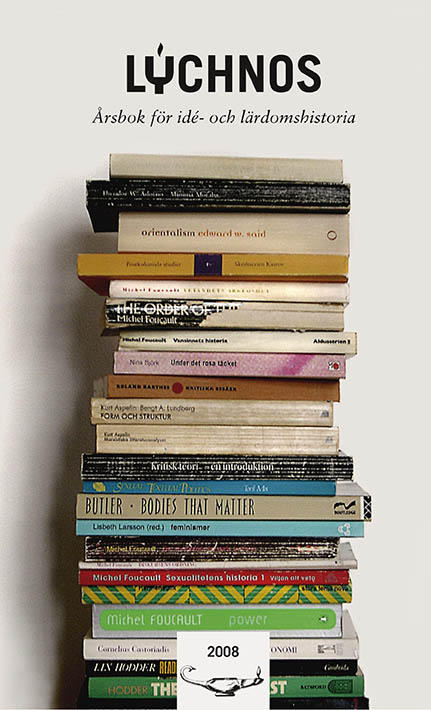The reception of feminist theory in literary studies in Sweden
Abstract
This text traces the theoretical reception of feminist literary theory in Sweden from the late seventies to the present day. Focus is on how the for feminist theory important but problematic dichotomy essentialism– constructivism came to play a decisive part in the change from Anglo– American theory to French feminist theory and then back to an interest in Anglo–American, though French-inspired, theory again.
This development started with Toril Moi’s book Sexual/textual politics (1985). Moi took a very polemical stand against Anglo-American feminist literary theory, which, she argued, was too humanistic and created a concept of woman that was essentialistic. Moi saw French feminist theory as an alternative, and especially Julia Kristeva. French theory’s more postmodern critique of the subject, the author, etc., was seen as constructivist and therefore more radical. Moi’s framing of the opposition within the dichotomy essentialism–constructivism made this dichotomy the leading principle in how feminist literary theory was interpreted during the next decade.
Moi’s critique lead to the replacement of Anglo-American with French feminism as the ”leading theory” in feminist literary research. In combination with a cultural climate in Sweden that was preoccupied with biologism, and also saw a feminist backlash, the critic of essentialism and search for constructivist theories became central for feminist researchers in the field of literature.
The importation of French feminism was adjusted to the Swedish feminist tradition of reading women authors. It was a theoretical radicalization in many ways when feminist researchers used Kristeva’s theories and looked, among other things, for motherly aspects in language and thematically. When the search for constructivist theories turned the interest away from French back to Anglo-American theory, it was again within the frame of the dichotomy essentialism–constructivism, but now it was the specific Swedish use of French feminism that was perceived as essentialistic and American theory as constructivist.
By the time of the millennium the focus on the dichotomy as such faded away. The new, continentally inspired, but politicized American theories changed the emphasis from ”being” to ”doing”. That change has vitalized feminist literary research in Sweden.
Downloads
Published
Issue
Section
License
This work is licensed under a Creative Commons Attribution 4.0 International License. The copyright for the work published in Lychnos remains with the authors.


